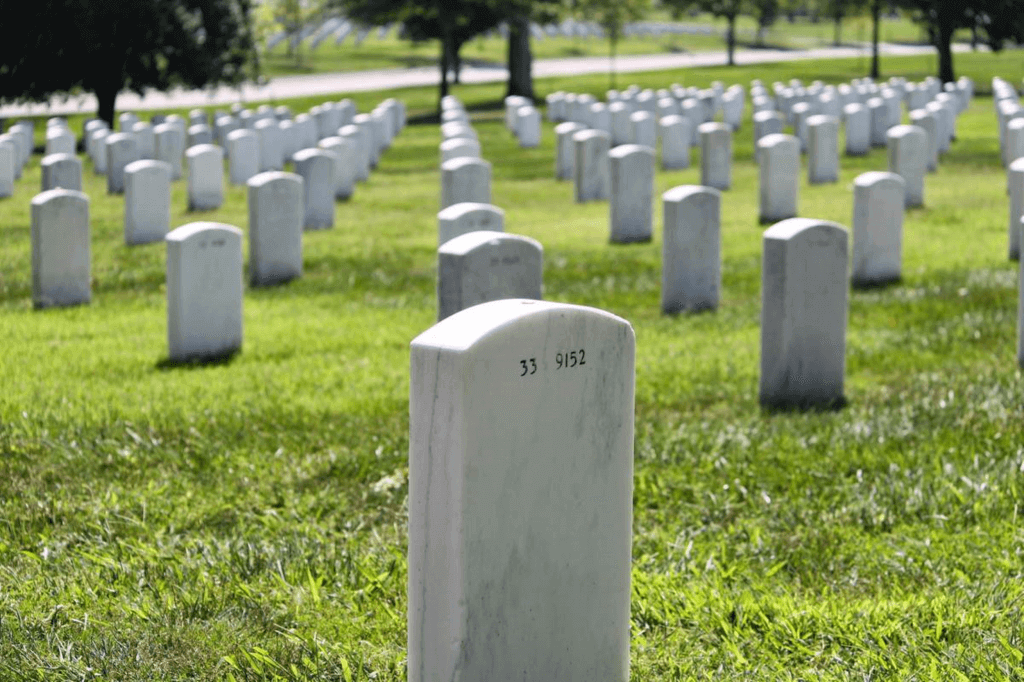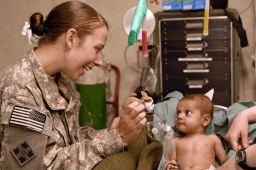International Day of Reflection on the 1994 Rwanda Genocide
International Day of Reflection on the 1994 Rwanda Genocide is observed next on Tuesday, April 7th, 2026 (194 days from today).
• How many days until International Day of Reflection on the 1994 Rwanda Genocide?

The Rwandan genocide, also known as the Tutsi Genocide, was a mass murder by the Rwandan government led by the majority of Hutu people against the Tutsi ethnic group in the country. An estimated 500,000 to 1,000,000 Rwandans, or 70% of the Tutsi population, were murdered during the 100 days of the genocide, from April 7 to mid-July 1994. In addition, 30% of the Pygmies were murdered, killed. Because of the brutality of the Rwandan genocide, the United Nations subsequently celebrated International Day of Reflection on the 1994 Rwanda Genocide every year on the very date of the beginning of the Rwandan genocide, April 7. Every year, on the or around that date, the United Nations holds commemorative events at its Headquarters in New York and at United Nations offices around the world. The purpose of the day is also to remember the victims and to honor the survivors, and to raise awareness among the younger generations about the legacy of this genocide and remind to all of humans about the values of a culture of peace.
History of International Day of Reflection on the 1994 Rwanda Genocide
The decision of the United Nations General Assembly to declare 7 April 2004 as the International Day of Reflection on the 1994 Genocide in Rwanda came from the recommendation of the Executive Council of the African Union. In March 2003, the Council recommended that the United Nations and the international community declare, on the anniversary of the 1994 genocide in Rwanda, an international day that reflects and reminds the fight against genocide around the world.
The bloody genocide in Rwanda changed the lives of 800,000 Tutsis and moderate Hutu 25 years ago after the plane carrying Rwandan President Juvenal Habyarimana - a Hutu, Burundian President Cyprien Ntaryamira and an African citizen. French crew was shot down.
Forces of the Rwandan Patriotic Front (RPF) of Tutsi people inspect the wreckage of the plane carrying the President on May 26, 1994. A day after the assassination, Presidential Guards killed Prime Minister Agathe Uwilingiyimana - a moderate Hutu who was trying to de-escalate tensions in the African country. The death of President Habyarimana plunged Rwanda into 100 days of violence as Hutu militias massacred Tutsis and moderate Hutus.
The RPF then took control of Rwanda after repelling 40,000 Hutu soldiers and deporting more than 2 million Hutu civilians to Burundi, Tanzania and Zaire (now the Democratic Republic of the Congo). The Rwandan genocide lasted 100 days and ended only after the RPF rebel forces led by Paul Kagame - the current President of Rwanda captured the country's capital.
In just 100 days, over 800,000 Tutsis and some moderate Hutu were killed. This war marked one of the deadliest genocides in human history.
The genocide occurred, leaving a lot of ruins in society. Since the end of the genocide in 1994, about 95,000 children have been orphaned and about 2,000 women have contracted HIV from being raped. In 2001, an estimated 264,000 children lost a mother or father to AIDS and this number could reach 350,000 by 2010. The number of children out of school is as high as 400,000. The infant mortality rate is up to 1/5 from the first days of birth.
How to observe the International Day of Reflection on the 1994 Rwanda Genocide?
On the International Day of Reflection on the 1994 Rwanda Genocide, you can take the time to learn more about this Rwandan genocide for more information as well as the many after-effects of the deadliest genocide in history. world history. Share your updates on social media with the hashtag #nternationalDayofReflectiononthe1994RwandaGenocide to propagate to everyone around to recognize genocide as well as to live positively, conveying a message to leaders to be careful in genocide.
Observed
International Day of Reflection on the 1994 Rwanda Genocide has been observed annually on April 7th.Dates
Sunday, April 7th, 2024
Monday, April 7th, 2025
Tuesday, April 7th, 2026
Wednesday, April 7th, 2027
Friday, April 7th, 2028


